Altering Body Rhythms May Shield the Brain from Alzheimer's Damage

Multi-Source Journalism
This article synthesizes reporting from multiple credible news sources to provide comprehensive, balanced coverage.

Multi-Source Journalism
This article synthesizes reporting from multiple credible news sources to provide comprehensive, balanced coverage.
Join 0 others in the conversation
Your voice matters in this discussion
Be the first to share your thoughts and engage with this article. Your perspective matters!
Discover more articles

Scientists are challenging conventional sleep advice, suggesting that expensive tools and online hacks may not be effective in improving sleep quality. Instead, researchers are exploring the human body's internal biological clock system, known as the
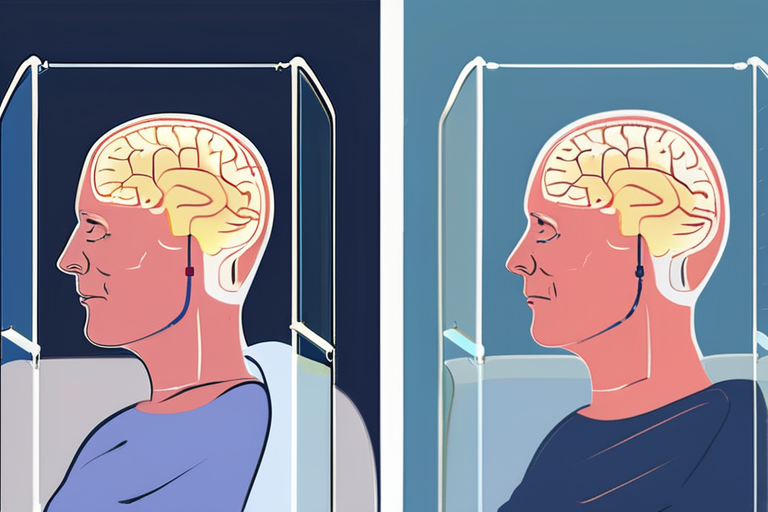
A groundbreaking study has found a strong link between poor sleep quality and accelerated brain aging, with individuals experiencing unhealthy sleep patterns showing brains that appear up to 10 years older than their actual age. The research, conduct
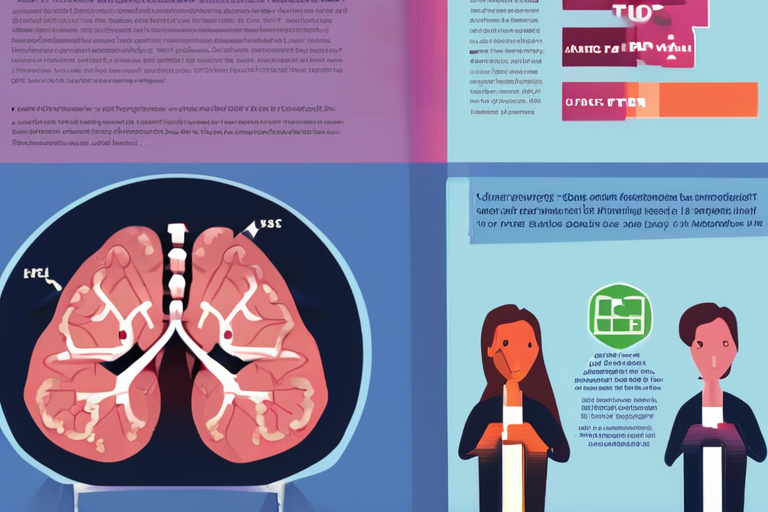
Researchers at the Medical University of South Carolina have made a groundbreaking discovery linking Alzheimer's disease and cancer: a toxic protein in Alzheimer's patients may actually boost the immune system's ability to fight cancer. By enhancing

Scientists warn that popular sleep hacks and pricey tools may not be effective in achieving quality sleep, and instead suggest that understanding the human body's complex network of biological clocks could lead to improved sleep. Research into these

Researchers have re-examined the results of a study on the Alzheimer's drug valiltramiprosate, or ALZ-801, and found promising benefits for a subgroup of high-risk patients with mild cognitive impairment. Specifically, the drug slowed cognitive decli
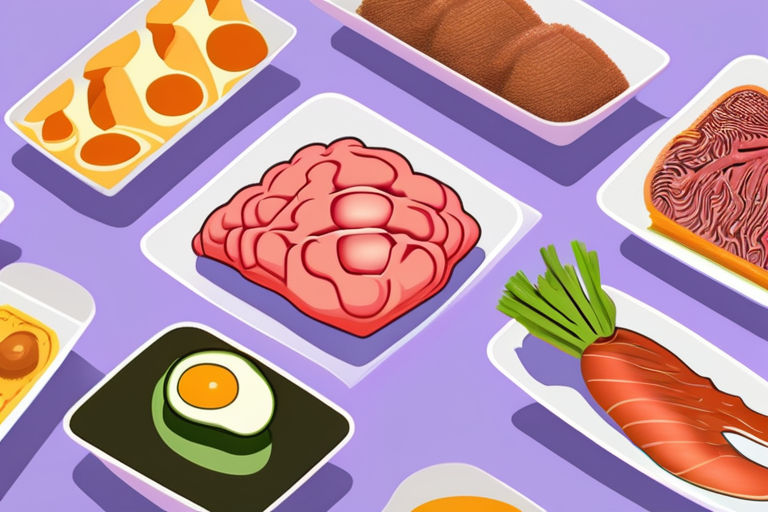
Researchers at the University of Missouri-Columbia have made a groundbreaking discovery that a high-fat, low-carb ketogenic diet may be key to preserving brain energy and slowing cognitive decline, particularly in women with the APOE4 gene linked to
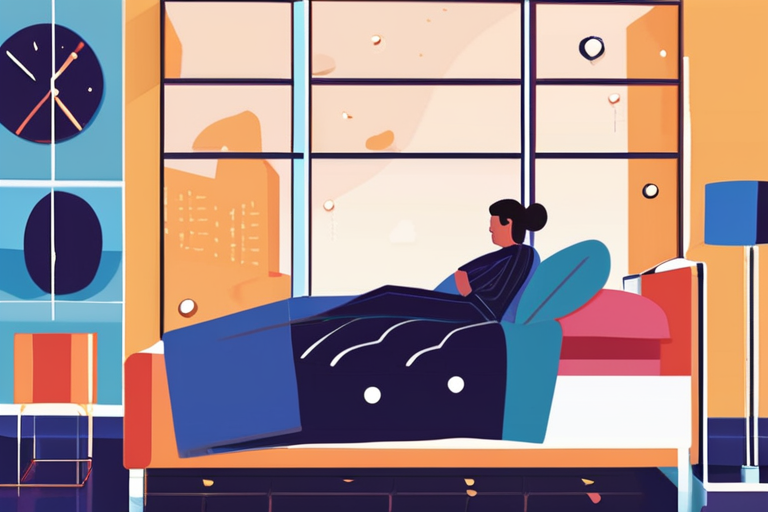
Scientists have found that the key to improving sleep lies not in expensive tools or online hacks, but in understanding the intricate network of biological clocks within the human body. Research suggests that these internal clocks, which regulate var
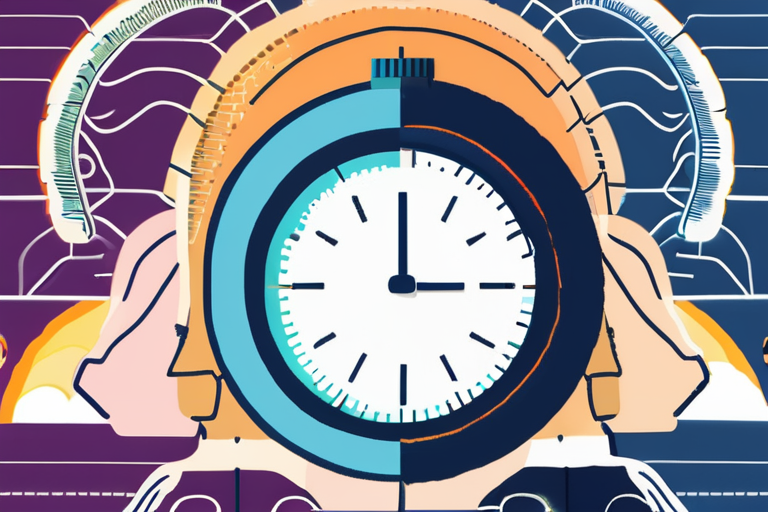
Researchers at Washington University School of Medicine have made a groundbreaking discovery that altering the body's natural rhythm may protect the brain from Alzheimer's damage. By disrupting communication between the body's internal clock and the
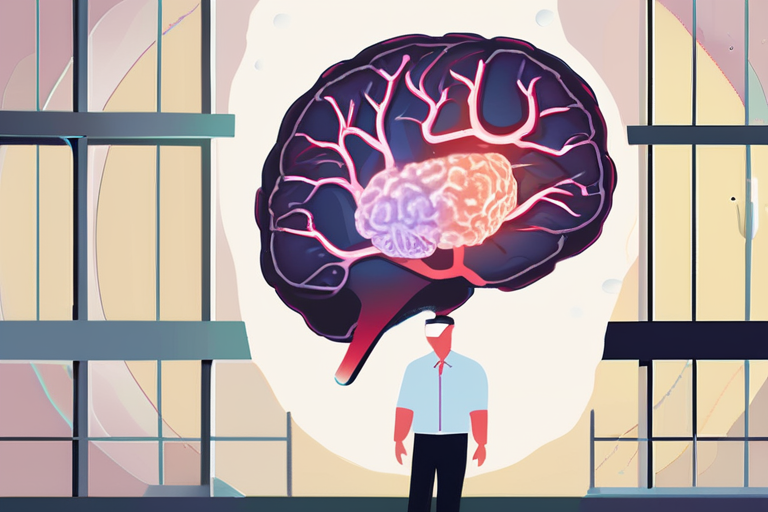
Scientists at Cedars-Sinai have made a groundbreaking discovery, creating young immune cells from human stem cells that can reverse cognitive decline and Alzheimer's symptoms in mice. According to multiple sources, this breakthrough has shown promisi
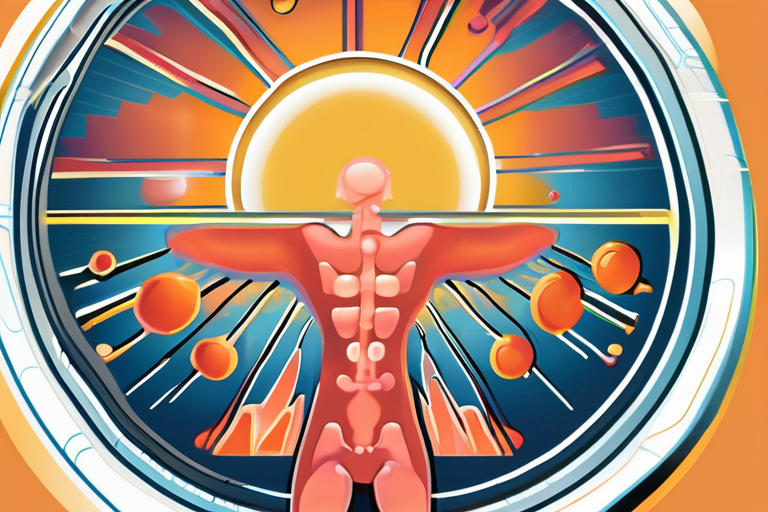
A groundbreaking study suggests that daily vitamin D supplements may hold the key to slowing down the aging process by protecting telomeres, the DNA caps that shield cells from damage. Researchers attribute this potential anti-aging effect to vitamin
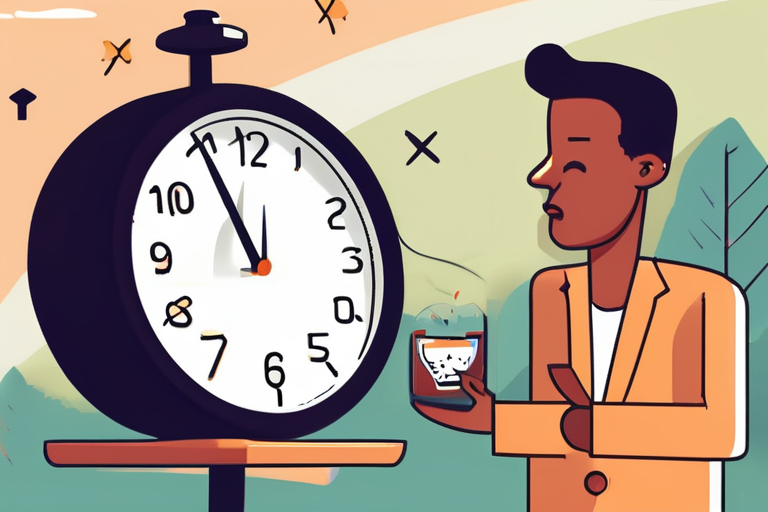
Scientists from Stanford Medicine have found that the bi-annual time change associated with Daylight Saving Time (DST) has significant negative health consequences for the general population. The twice-yearly clock adjustments can disrupt sleep patte
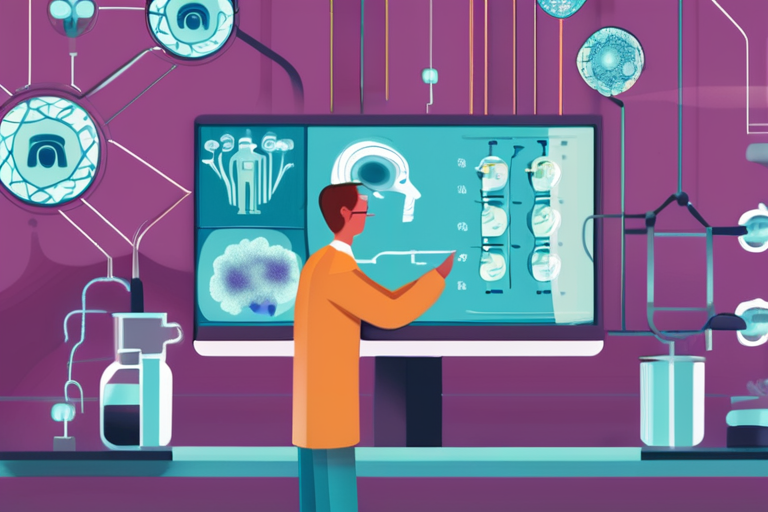
A growing body of research suggests that everyday habits such as regular exercise, healthy eating, and social engagement may hold the key to preventing or slowing cognitive decline associated with dementia. Experts believe that this low-cost approach
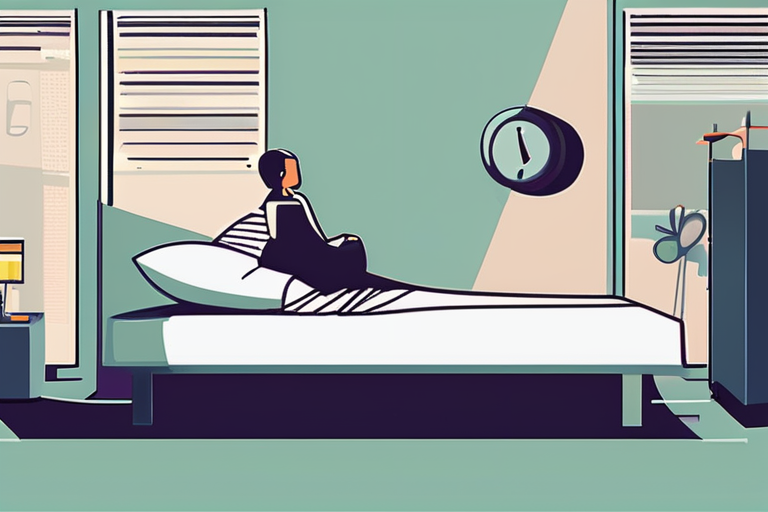
Scientists are challenging the effectiveness of popular sleep aids, suggesting that understanding the human body's internal biological clocks may hold the key to improving sleep. Research on these clocks, known as circadian networks, could lead to mo
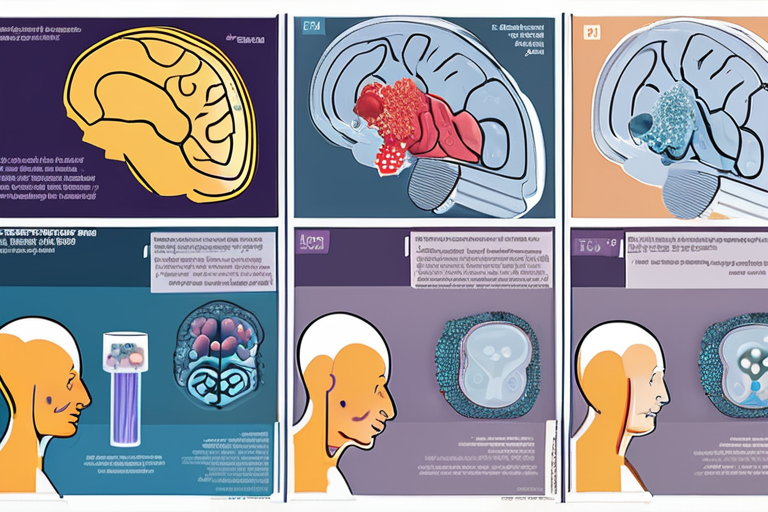
Scientists at Cedars-Sinai have made a groundbreaking discovery, creating young immune cells from human stem cells that can reverse cognitive decline and Alzheimer's symptoms in mice. These lab-grown cells appear to rejuvenate the brain by protecting

A groundbreaking study suggests that daily vitamin D supplements may slow the aging process by preserving telomeres, the protective caps on our DNA. Researchers believe vitamin D's anti-inflammatory effects may shield DNA from damage, but more resear
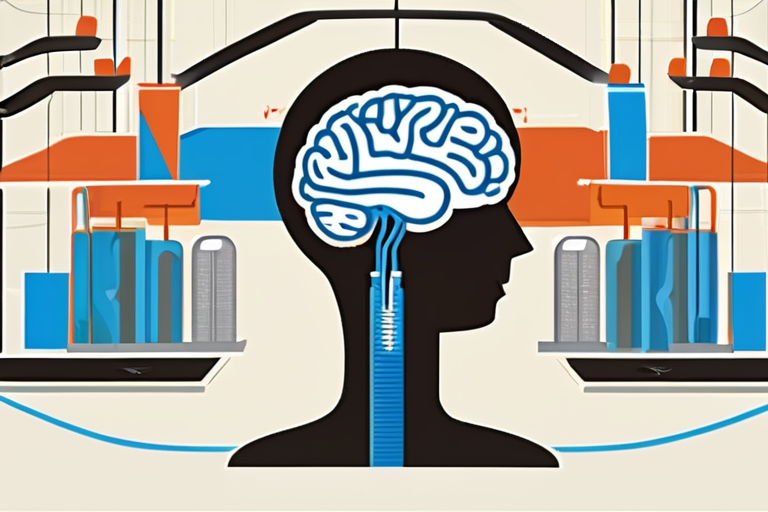
Researchers have discovered that intense mental exercise can reverse a brain change linked to aging, specifically increasing levels of the chemical messenger acetylcholine in the brain, which is crucial for decision-making and typically declines with
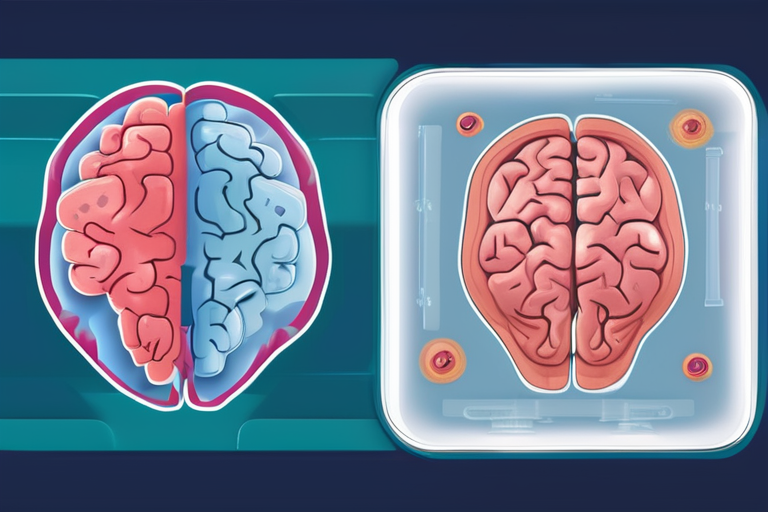
Scientists at Cedars-Sinai have made a groundbreaking discovery by creating young immune cells from human stem cells that can reverse signs of aging and Alzheimer's disease in mice. These lab-grown cells seem to protect the brain by sending anti-agin
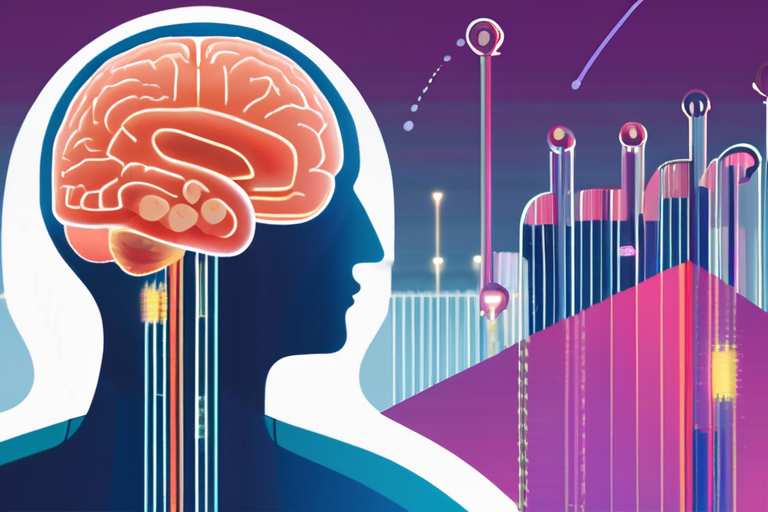
Researchers at Washington University School of Medicine have made a groundbreaking discovery that could potentially protect the brain from Alzheimer's damage. By disrupting the body's internal clock, they found that levels of a brain-protective molec
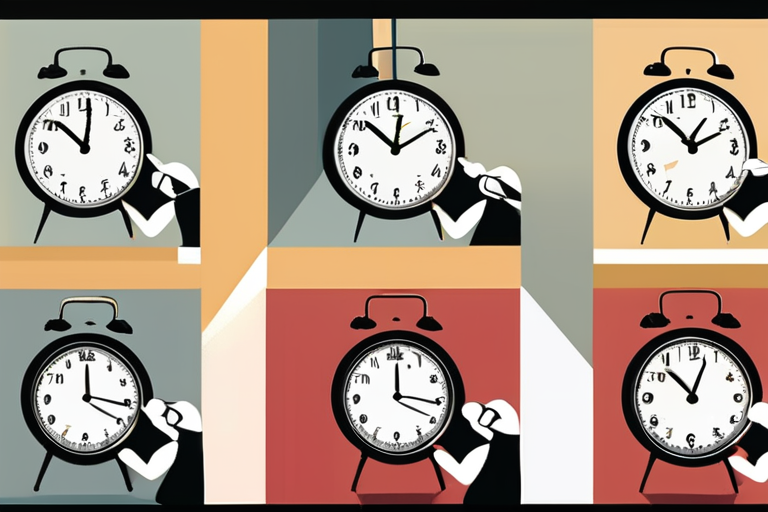
Researchers have developed "aging clocks" that can measure a person's biological age by analyzing biomarkers such as cholesterol levels and inflammation markers, providing a more accurate picture of how well or poorly someone's body is aging. This ap

Scientists are cautioning against relying on unproven online sleep hacks and pricey tools, as the market for sleep aids exceeds $100 billion annually. Instead, researchers are turning to the body's internal biological clock system to uncover evidence
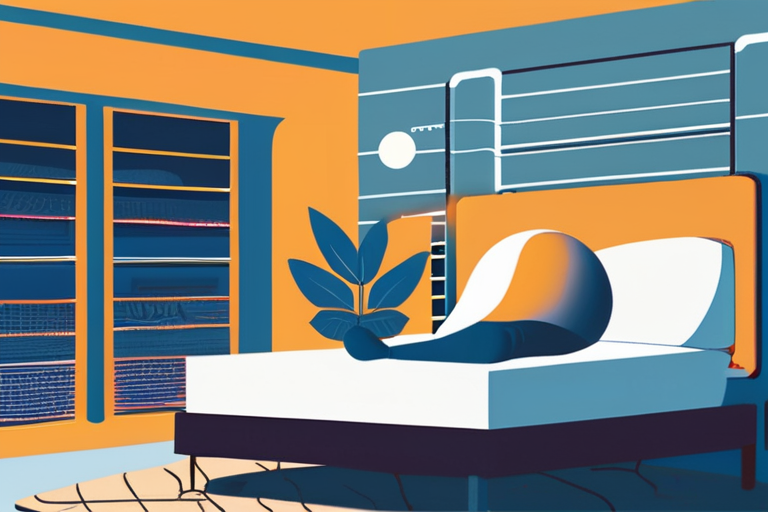
Scientists are questioning the effectiveness of popular sleep aids, suggesting that a deeper understanding of the body's internal biological clocks may hold the key to improved sleep. Research has identified a network of these clocks, which regulate
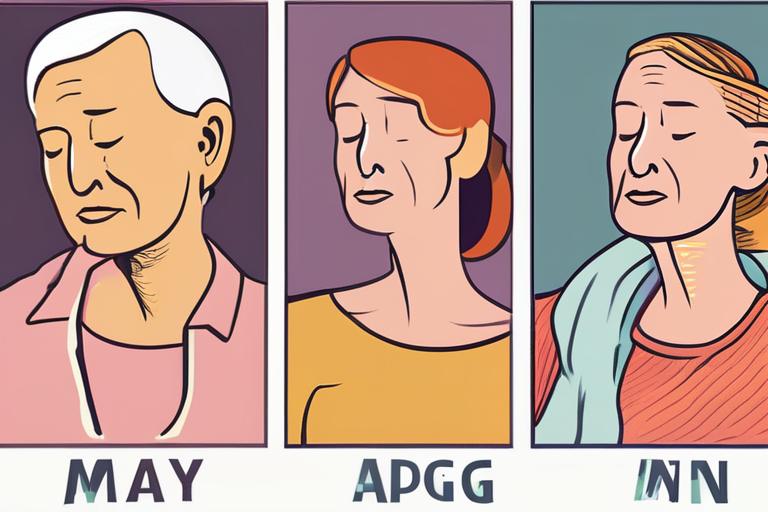
A groundbreaking study suggests that daily vitamin D supplements may slow down the aging process by protecting telomeres, the protective caps on our DNA that prevent cellular damage. Researchers believe vitamin D's anti-inflammatory effects may be ke

Scientists are challenging conventional wisdom on achieving good sleep, suggesting that expensive tools and online hacks may not be effective. Research on the body's internal biological clocks, or circadian rhythms, holds promise for improving sleep
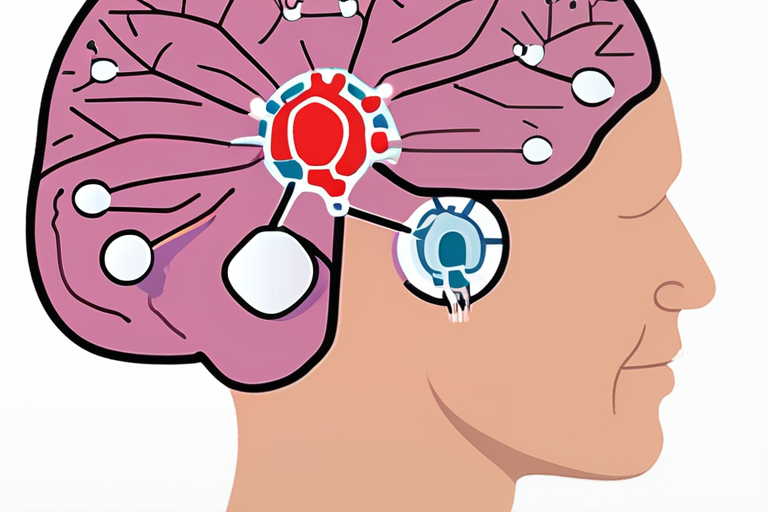
Researchers from Spain and China have made a groundbreaking discovery in the fight against Alzheimer's disease, successfully repairing the blood-brain barrier in mice models to clear amyloid-beta plaques within hours. This breakthrough treatment, whi
Share & Engage Share
Share this article